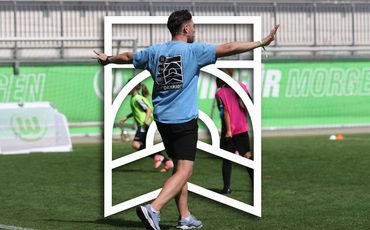Building Life Skills Through Youth Sport: Insights from Leading Experts
In the Life Skills in Youth Sport presentation, Professor Dan Gould, Dr. Scott Pierce, and Dr. Karl Erickson offer a compelling exploration of how sport can be a powerful vehicle for developing essential life skills in young people. As part of the ICOACHKIDS initiative, their discussion highlights the importance of intentional coaching practices that go beyond physical performance to nurture personal growth, resilience, and well-being.
Professor Dan Gould, Director of the Institute for the Study of Youth Sports at Michigan State University, sets the stage by defining life skills as internal assets—such as goal setting, emotional control, self-esteem, and a strong work ethic—that can be developed through sport and transferred to other areas of life. He emphasizes that sport, when coached with purpose, can foster leadership, motivation, and positive identity formation.
Dr. Scott Pierce, Associate Professor at the University of Illinois, builds on this by discussing the role of coaches in shaping psychosocial development. He stresses that coaches are not just instructors of technique, but mentors who influence how young athletes perceive themselves and interact with others. Pierce advocates for a coaching approach that is relational, reflective, and grounded in empathy.
Dr. Karl Erickson, Assistant Professor at York University, adds a systems-oriented perspective, highlighting how sport environments—teams, clubs, and communities—can be designed to support holistic development. He encourages coaches to think beyond the scoreboard and consider how their practices contribute to long-term learning, mental health, and social connection.
Together, the trio outlines practical strategies for embedding life skills into sport:
- Intentional Design: Coaches should plan sessions that include opportunities for decision-making, teamwork, and self-reflection.
- Positive Reinforcement: Encouraging effort and progress helps build confidence and resilience.
- Safe Environments: Creating spaces where young athletes feel valued and supported is key to fostering emotional growth.
- Role Modeling: Coaches must embody the values they wish to instill—respect, integrity, and perseverance.
The presentation concludes with a powerful message: sport is more than competition—it’s a context for character development. By prioritizing life skills, coaches can help young people become not only better athletes but also better citizens. This session is a must-watch for anyone involved in youth sport. It challenges traditional coaching norms and offers a roadmap for using sport as a tool for lifelong impact.
You can watch the full presentation below
Comments
Related Pages


